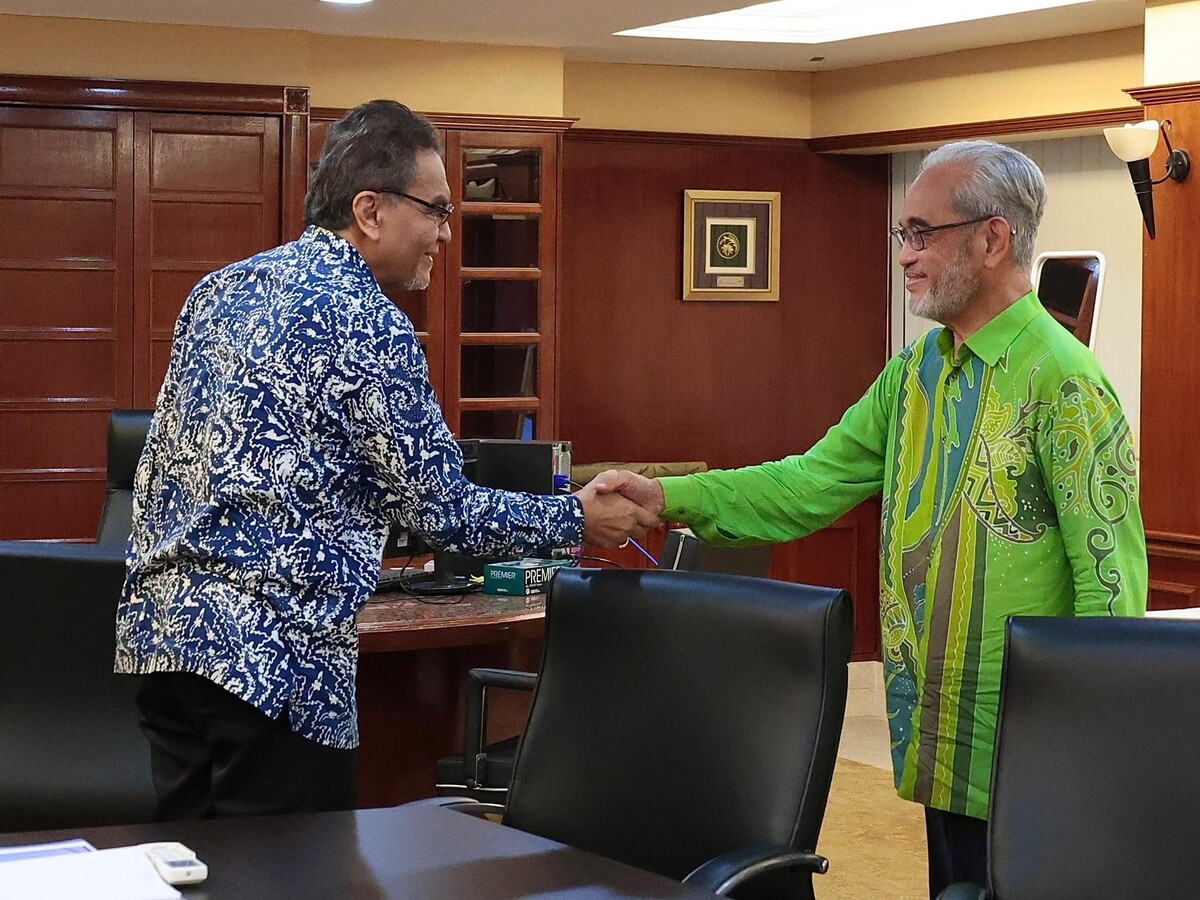I read the statement made by former health minister Dr S. Subramaniam in his recent interview with CodeBlue in the article headlined “Subra: Full Shift To Local Master’s For Medical Specialisation Maybe Possible In 10 To 15 Years”.
His statement is out of touch with what we have discussed about the parallel pathway.
Dr Subramaniam’s statements were based upon opposing the immediate abolition of the parallel pathway, as well as the need to train all 4,500 medical graduates annually as specialists.
He reportedly said everyone should be given an opportunity to be a specialist, besides also recognising the weakness of the parallel programme run by the Ministry of Health (MOH).
Everybody agrees that the country lacks medical and surgical specialists, just as we lack many other professionals and experts in other fields.
But this does not justify running programmes against the law. International programmes (parallel pathway programmes) and local programmes should comply with the Medical Act 2012 (Act 50), Medical Regulations 2017, the Malaysian Qualifications Agency Act 2007 (Act 679), the Private Higher Educational Institutions Act 1996 (Act 555), and the Universities and University Colleges Act 1971 (Act 30).
As the parallel pathway programme was offered without complying with local laws and standards set by the Malaysian Qualifications Agency (MQA), this will disrupt the national system. There is no justification for doing things against the law, and then changing the law to cover these gaps.
We advise that the parallel pathway programmes should respect existing local laws formulated by the various ministries. The Acts were passed by Parliament and approved by the Yang di-Pertuan Agong.
We have observed, for many years, that the agencies offering parallel pathway programmes do not respect Malaysian laws or comply with local standards. The custodians of the related laws should take necessary action for non-compliance with Malaysian laws.
The parallel pathway programmes were running for years without complying with local standards and laws, and the final certificate is not equivalent to a “similar” certificate run in the United Kingdom and the original countries. Graduates are not registered as specialists in these countries of origin.
This parallel pathway programmes will put at a disadvantage students who cannot be registered as specialists after completing the programmes.
The millions of ringgit from taxpayers and students will be wasted if the Malaysian Medical Council (MMC) rejects the applications of these doctors to be registered as specialists, as the programmes are not registered with the MQA registry.
The quality of these programmes is unknown because no third-party auditors are auditing the programmes regularly.
In summary, we want to ensure that all medical specialist programmes follow the same procedures for accreditation and comply with existing local laws to preserve their quality.
Organisers of the parallel pathway programmes are responsible for ensuring legal ways where their graduates can be recognised by the authorities as medical specialists.
We are concerned about the competency of graduates, and the safety of patients and the public. Not everyone can become a specialist; only those with capability and capacity can be trained as a specialist.
During our meeting with health minister Dzulkefly Ahmad and Health director-general Dr Muhammad Radzi Abu Hassan, we informed them about the parallel pathway programmes’ non-compliance with local laws, and we have suggested possible remedies without making any amendments to the Medical Act.
Amending the Medical Act will affect the future of local programmes. We will be at higher risk of opening the floodgates to foreign programmes and specialists, even as other countries have tightened control over the influx of such programmes and specialists.
Prof Dr Noor Hassim Ismail is head of the Group of Professors of Health and Medicine.
- This is the personal opinion of the writer or publication and does not necessarily represent the views of CodeBlue.




